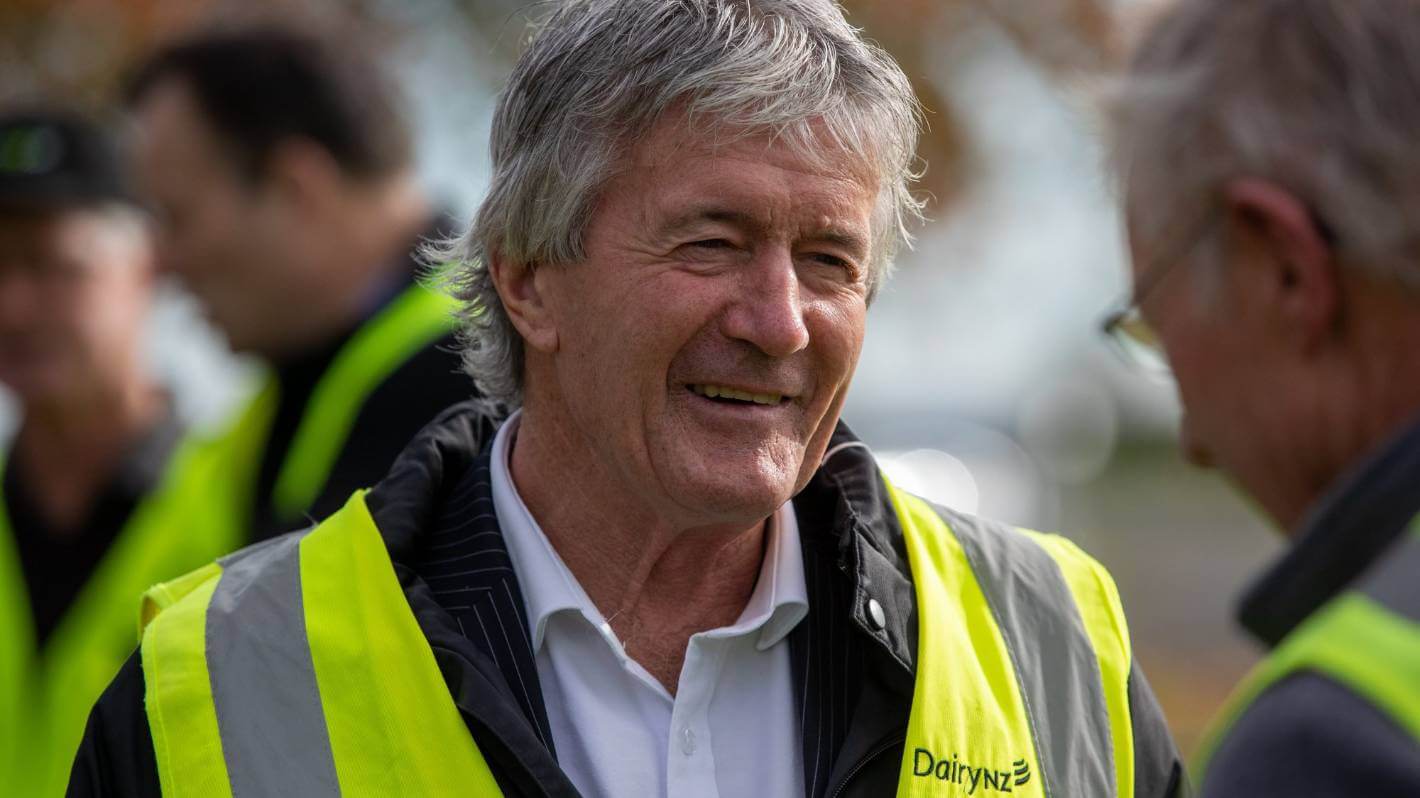On Monday, Australian Minister for Trade, Tourism, and Investment Dan Tehan virtually met with New Zealand’s Minister for Trade and Export Growth, Damien O’Connor. The duo discussed measures to promote trans-Tasman cooperation under the Australia-New Zealand Closer Economic Relations Trade Agreement (CER).
The joint statement referred to the CER as the most comprehensive trade agreement worldwide that facilitates the integration of the New Zealand and Australian economies. The ministers noted that the deal has benefitted exporters and businesses of both nations during the COVID-19 pandemic, contributing to the economic resilience of New Zealand and Australia.
They reaffirmed the importance of the Single Economic Market agenda between both island nations. In addition, the ministers discussed recent cooperation on supply chains and noted progress on a Secure Trade Lane to maximise efficiencies in low-risk goods trade.
Next, the duo underscored the importance of the free movement of people between both nations and highlighted their desire to resume travel at the earliest. They mentioned the commitment made by the prime ministers of both countries, Scott Morrison and Jacinda Ardern, to cooperate on reopening borders to Pacific neighbours and other parts of the world when health conditions permit.
Additionally, the joint statement mentioned the countries’ commitment to the multilateral rules-based trading system, which they said “provides the predictability and stability necessary to ensure that trade can take place efficiently and with the least friction possible.” Both sides expressed concern over the use of coercive economic practices and the threat they pose to the integrity of the trading system.
The ministers also pledged cooperation for a strong outcome at the World Trade Organization’s (WTO) 12th Ministerial Conference to promote a “free, fair, predictable, non-discriminatory, transparent, and open trade and investment environment.” In this regard, New Zealand and Australia agreed to work together, including in the Cairns group, to promote a deal at the Conference, which aims to “cap and reduce trade and production distorting domestic agriculture support by at least half by 2030 and to conclude fisheries subsidies negotiations as soon as possible before the Ministerial.”
The statement mentioned the cooperation between both sides to deliver a substantial outcome on trade and health, including a temporary waiver on intellectual property rights of COVID-19 vaccines and other initiatives to bolster response to the pandemic. In addition, the leaders discussed strengthening the WTO’s negotiating and dispute settlement mechanism.
Furthermore, the ministers talked about the role of the Asia-Pacific Economic Cooperation (APEC) in upholding the necessary part of trading during the pandemic and paving the way for strong economic recovery. They referred to the informal leaders’ meeting hosted by Ardern in July to discuss health and financial crisis. In addition, the duo agreed to ramp up cooperation with other APEC members to realise the commitments laid out in the APEC Ministers Responsible for Trade statement.
Moreover, the leaders highlighted “the importance of regional trade agreements in providing an economic architecture that supports an open, inclusive and prosperous Indo-Pacific region.” They then underscored the importance of the Comprehensive and Progressive Agreement for Trans-Pacific Partnership in setting high standard rules for trading and committed to upgrading their shared free trade agreement with the Association of Southeast Asian Nations (ASEAN).
Lastly, the ministers discussed the need for urgent climate action, including limiting temperature rise to 1.5 degrees. The duo acknowledged the role of investment and global trade, including “liberalising trade in environmentally-beneficial goods and services, reducing trade-related costs and barriers to accelerate the global uptake of cost-effective, low emissions technologies and solutions, and the phase-out and reform of inefficient fossil fuel subsidies that encourage wasteful consumption.”
SUMMARY: Australia, New Zealand Trade Ministers’ Meeting
The trade ministers of Australia and New Zealand met virtually on Monday to discuss measures to boost trans-Tasman cooperation.
September 21, 2021

SOURCE: STUFF
